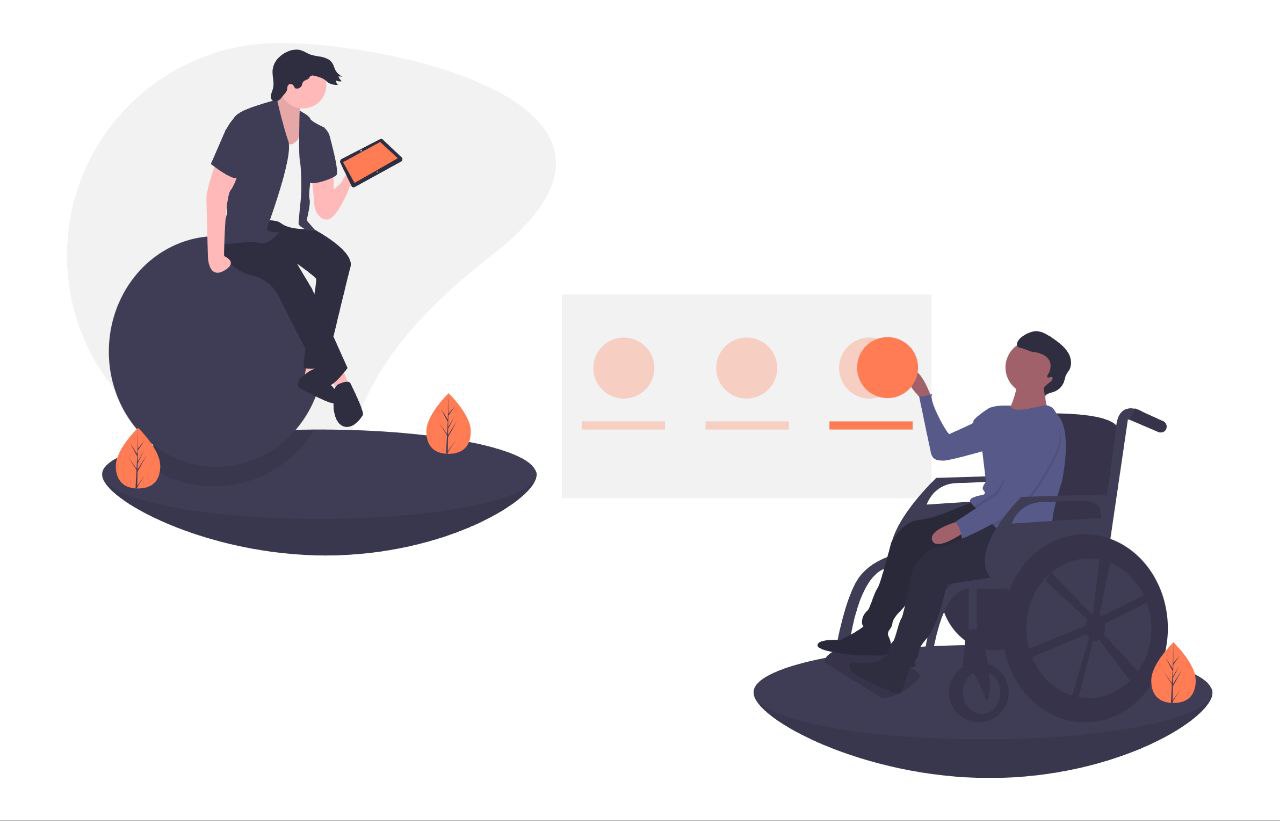Unlocking IELTS Success: A Comprehensive Guide to English Vocabulary Building
Conquering the IELTS exam requires more than just grammar; a rich English vocabulary is your key to achieving a high score. This guide provides practical strategies and effective techniques to significantly expand your vocabulary, improving your reading, writing, listening, and speaking skills. Let's embark on this vocabulary-building journey together!
Why Vocabulary Matters in IELTS
A strong vocabulary is crucial for success in all four sections of the IELTS exam. In the Reading and Listening sections, a wider vocabulary allows you to understand complex texts and lectures more efficiently. In Writing and Speaking, a rich vocabulary enables you to express your ideas clearly, precisely, and persuasively, leading to higher band scores. Think of it as building blocks – the more vocabulary blocks you have, the stronger and more impressive your communication becomes.
Effective Vocabulary Building Strategies
1. Immerse Yourself in English
Surround yourself with English! Read English books, newspapers (like The Guardian or The New York Times), and magazines. Watch English movies and TV shows (with subtitles initially, if needed). Listen to English podcasts and audiobooks. The more you expose yourself to English, the more naturally your vocabulary will grow.
2. Learn Words in Context
Don't just memorize isolated words; learn them within sentences and paragraphs. Understanding the context helps you grasp the nuances of meaning and how to use the word correctly. Use a dictionary that provides example sentences, such as Merriam-Webster or Oxford Learners' Dictionaries.
3. Use Flashcards and Spaced Repetition
Flashcards are a fantastic tool for memorizing vocabulary. Write the word on one side and its definition and an example sentence on the other. Use spaced repetition systems (SRS) like Anki to optimize your learning and ensure you review words at increasing intervals.
4. Focus on High-Frequency Words
Prioritize learning high-frequency words that appear frequently in academic texts and everyday conversations. Resources like the Academic Word List (AWL) can guide you.
5. Learn Word Families and Roots
Understanding word roots, prefixes, and suffixes can help you deduce the meaning of unfamiliar words. For example, knowing the root "photo" (light) helps you understand words like photography, photograph, and photosynthesis.
6. Keep a Vocabulary Notebook
Maintain a dedicated notebook or digital document to record new words you encounter. Include their definitions, example sentences, and synonyms/antonyms. Regularly review your vocabulary notebook to reinforce your learning.
Vocabulary Building Hacks and Tricks
- Use a Thesaurus: Explore synonyms and antonyms to enrich your vocabulary and avoid repetition.
- Read Widely: Explore different genres – fiction, non-fiction, news articles, academic papers – to encounter diverse vocabulary.
- Engage in Conversations: Practice using new words in conversations to solidify your understanding and improve fluency.
- Use Word Games: Crossword puzzles, Scrabble, and other word games can be fun ways to expand your vocabulary.
- Set Realistic Goals: Don't try to learn too many words at once. Start with a manageable number and gradually increase it.
Mastering IELTS Vocabulary: Practical Tips
- Identify your weaknesses: Take practice IELTS tests to pinpoint areas where your vocabulary needs improvement.
- Target specific vocabulary: Focus on vocabulary related to common IELTS topics like environment, technology, and society.
- Practice writing essays and speaking: Use your new vocabulary in practice tests to see how it improves your performance.
- Get feedback: Ask a teacher or tutor to review your writing and speaking to identify areas for improvement.
- Stay motivated: Celebrate your progress and don't get discouraged by setbacks. Consistent effort is key to success.
Examples of High-Frequency IELTS Vocabulary
Here are some examples of high-frequency words that often appear in IELTS exams:
- Significant: important, noteworthy
- Substantial: large, considerable
- Furthermore: in addition
- Consequently: as a result
- Nevertheless: however
- Moreover: also
- Therefore: for that reason
- In contrast: on the other hand
Remember, consistent effort and strategic learning are the keys to building a strong English vocabulary for IELTS. Start today, and watch your scores soar!


